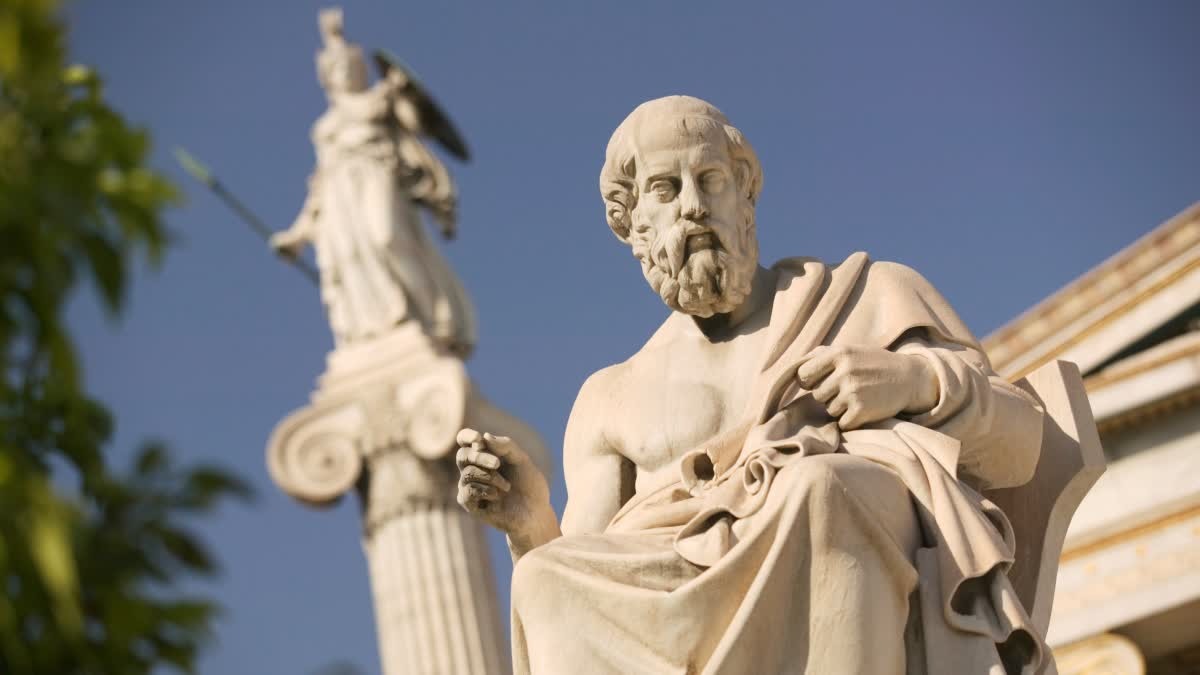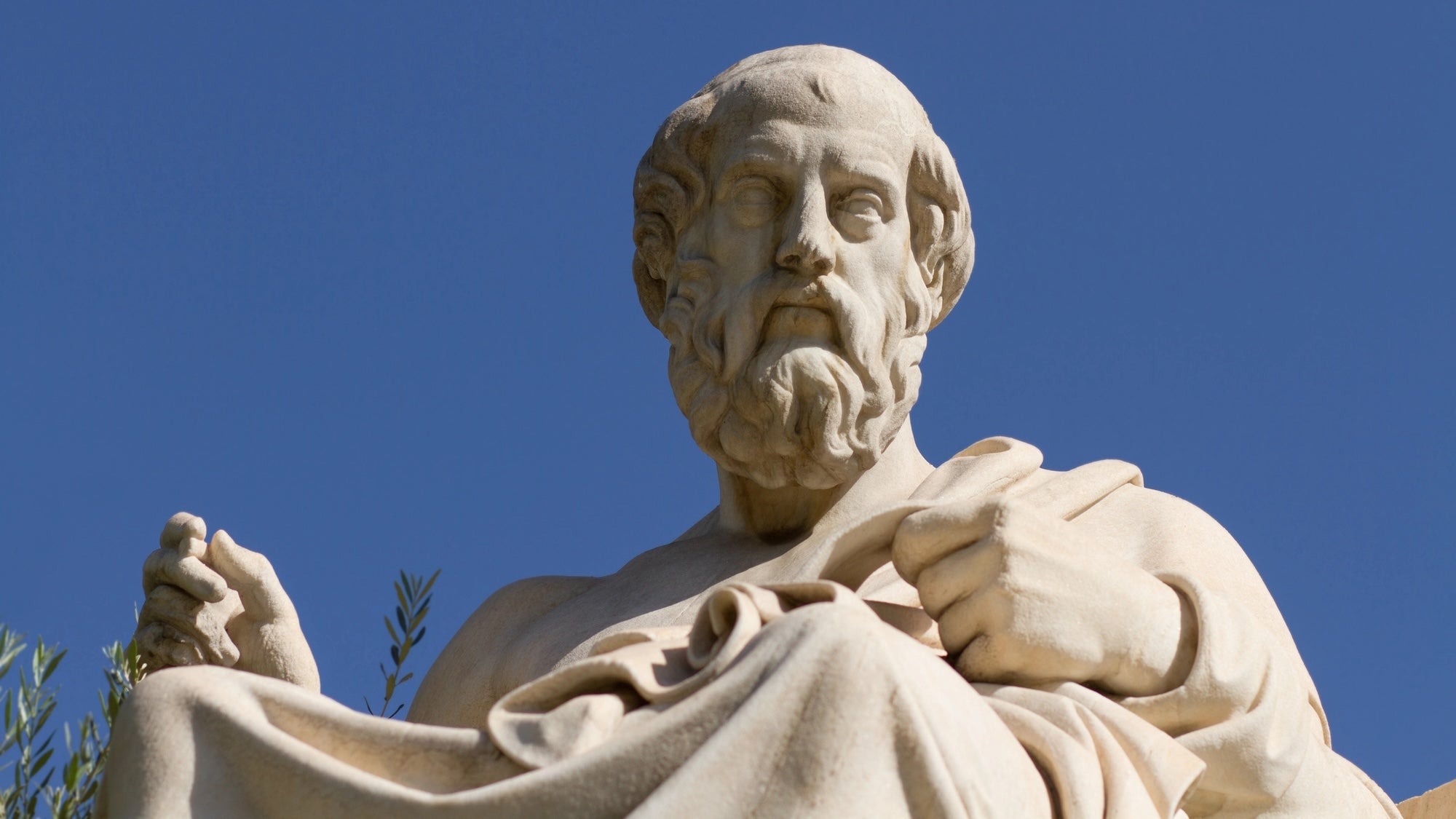Italian researchers have made a groundbreaking discovery, uncovering the long-lost burial place of the ancient Greek philosopher Plato. By utilizing artificial intelligence (AI) to decipher the text on charred papyrus scrolls found in Herculaneum, a town near Pompeii, the team has shed new light on Plato’s life and final resting place.
The scrolls, which were carbonized during the eruption of Mount Vesuvius in AD 79, contain the writings of Philodemus of Gadara, an Epicurean philosopher who studied in Athens and later lived in Italy.
One of the scrolls, known as the “History of the Academy,” details the academy founded by Plato in the fourth century BC and provides insight into Plato’s life, including his burial place.
Historians previously knew that Plato was buried at the Academy, which was destroyed by the Roman general Sulla in 86 BC. However, the exact location of his burial site within the school grounds was unknown.

Researchers Find Where Greek Philosopher Plato Was Buried (Credits: ETV Bharat)
Thanks to advances in technology, researchers were able to employ cutting-edge techniques such as infrared and ultraviolet optical imaging, thermal imaging, and tomography to read the ancient papyrus.
So far, researchers have identified 1,000 words, or roughly 30% of Philodemus’s text. The deciphered text reveals that Plato was buried in a private garden reserved for him within the Academy in Athens, near the Museion, a sacred area dedicated to the Muses. This discovery provides a more precise location of Plato’s burial site, which was previously known only to be somewhere within the Academy.

Italian Research Team Claims They May Have Found Plato’s Tomb (Credits: Popular Science)
The text also offers new information about Plato’s life, including his time in slavery between 404 and 399 BC, which was previously thought to have occurred in 387 BC. Additionally, the text describes a dialogue between characters in which Plato expresses disdain for the musical and rhythmic abilities of a barbarian musician from Thrace.
This breakthrough is not the first time AI has been used to read ancient scrolls that survived Mount Vesuvius’s eruption. Earlier this year, researchers deciphered a different scroll found at a nearby villa that once belonged to Julius Caesar’s father-in-law. The continued use of AI in deciphering ancient texts promises to uncover even more secrets of the past.
























